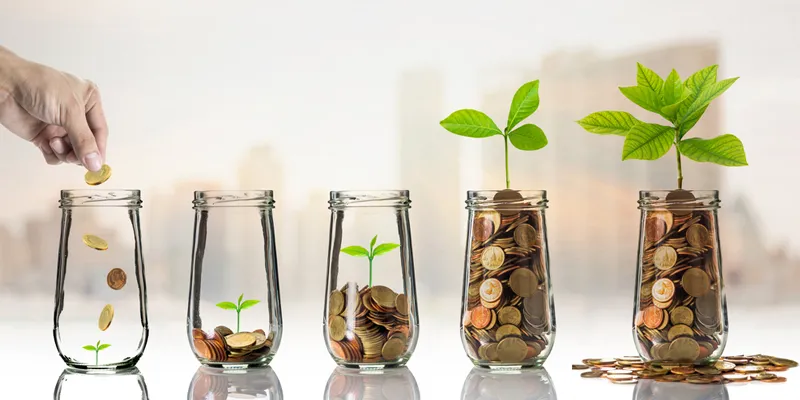Experiences, not things, make for the best investments
What would you do if you ran into an unexpected sum on money and had no prior financial obligations? Would you buy that new phone you've been lusting after or would you go on a short vacation? Most of us would buy that new phone; and that is a big problem most the planet's financially well-off population currently faces.
We know, somewhere deep down, that doing something interesting instead of purchasing the latest object that's taken our fancy will make us happier. Yet we continue to buy things we don't really need in the hope that they will make our lives better, and hence make us happier. This, research says, stems from a mistaken belief that materialistic objects offer better ‘value’ as compared to experiences.

Image : shutterstock
People believe that materialistic possessions offer long-term value while experiences only have a short-term benefit. Because objects are tangible and come with a price tag that assigns a fixed value, we believe that buying them is a worthier investment of our money as compared to going on a vacation or a dinner with friends. But this is never the case. We falsely presume that since we really want that new object, buying it will make us happier when it is really the anticipation that we enjoy the most. Once we're in possession of the object that we've wanted for the longest time, it no longer seems that appealing to us. We get used to it in a matter of days and then it's just a part of our routine lives. As the Roman author and philosopher, Pliny the Elder said, “An object in possession seldom retains the same charm it had in pursuit.”
Also, humans have a natural tendency to compare themselves with others, and this extends to possessions as well. For example, you may have just bought a new phone that you really like, but if you see a colleague with a better phone, its value automatically goes down in your mind. Experiences, on the other hand, are intrinsically incomparable. They are intangible and unique, and they live on in your memories, unaffected by what anyone else does or says, available for recollection for the rest of your life. The emotive value of an experience only ever increases over time while that of an object is short-lived. When we remember past experiences in later years, we do so with a nostalgic fondness that always tries to focus on the happiest parts. Even what was once a bad experience morphs into an interesting or funny story with the passing of time. That never happens with materialistic purchases; we often remember our purchases as a waste of money that could have been spent on something more worthwhile — that thing being a memorable experience.
Experiences also allow us to form stronger social relationships. You are more likely to enjoy talking to a person about a book or movie that you both liked than you are about the phones you both own. Common interests are a great way to bond with people while common possessions are almost irrelevant in the social sphere. Studies have also proven social relationships to be crucial for good health, both mental and physical — which makes buying experiences over objects all the more important.
Life is measured by experiences. It's not the things we own but the things we do, the people we meet, and the places we visit that define us and make us happy. So, invest in experiences and not things because if life does flash before our eyes when we die, what do you think you'll see — the moments you experienced or the things that you bought?







